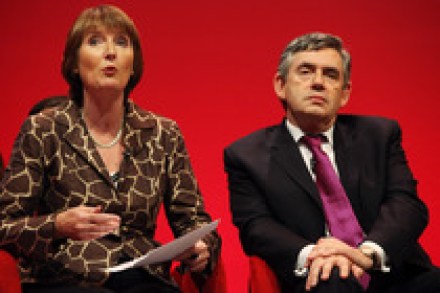Behind the expenses curve
And so the expenses scandal rumbles inevitably on. If you want the latest on all the dubious claims our, erm, honourable representatives made in 2008-09, then I’d recommend Andrew Sparrow’s live blog over at the Guardian – and Guido’s got a good round-up here. But, behind all that, there’s a u-turn which is almost as embarrassing for the government as all those dodgy, dodgy receipts. Remember when Gordon Brown neglected to mention MP’s expenses, or the Kelly reforms, as part of his legislative agenda in the Queen’s Speech? The decision was immediately launched on by Sir Christopher Kelly himself, and set up some juicy attacks for the Tories. Well, as












